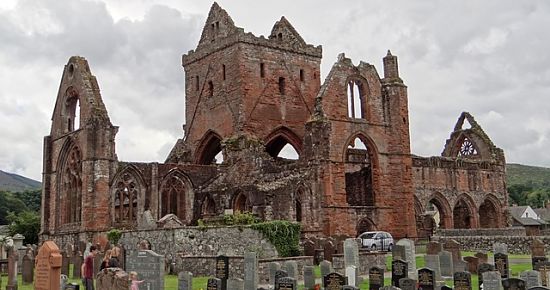 Race. If you are tempted to move to another post or website because of that first word, you need this post. I once convinced Oxford University Press to send me six copies of J. Kameron Carter’s powerful book Race: A Theological Account. I asked a variety of scholars to review the book chapter by chapter, and the conversation sputtered. I have on other occasions brought up issues around race and more often than not the conversation goes nowhere.
Race. If you are tempted to move to another post or website because of that first word, you need this post. I once convinced Oxford University Press to send me six copies of J. Kameron Carter’s powerful book Race: A Theological Account. I asked a variety of scholars to review the book chapter by chapter, and the conversation sputtered. I have on other occasions brought up issues around race and more often than not the conversation goes nowhere.
I bring up John Piper, Rob Bell, Brian McLaren, Mark Driscoll, Rick Warren, Andy Stanley … kaboom! The pageviews shoot off the chart.
I bring up women in ministry, homosexuality, the election or politics, kaboom!
I contend diversity in the church is not a social justice issue; it is a gospel issue. The gospel is for all, which means your local church is for all sorts, which means the lack of diversity in a local church reveals a lack of embodying the reality of the gospel.
When all of us get to heaven there will be no boundaries and ethnic divisions and gender divisions and racial divisions. We best prepare for heaven by living heaven now or we may discover we don’t want the real heaven when it confronts us. The rhetorical function of heaven in the Bible is to transform us for here and now not to get us to coast in comfort until we die or until the Parousia.
Yes, to be sure, there is the discomfort we feel in talking about race and I have heard people say “I read the posts but I’m afraid I might say something wrong so I don’t comment.” I get that. The PC policy makers do at times lurk in order to pounce on offenders. Honesty is a better tack than silence for silence confirms the status quo.
But here’s where we are going today. Forgive Us: Confessions of a Compromised Faith, by Mae Elise Cannon, Lisa Sharon Harper, Troy Jackson, and Soong-Chan Rah — yep, four authors connected to magazines like Sojourners, who press white Republican evangelicalism hard, and … yet… yet… isn’t there something here for all of us to acknowledge? Something we need to learn? Something we need turn from and something that needs to spur us into a whole new kind of church-shaping vitality: a church shaped by the fullness of the people of God instead of one shaped by our preferred demographic.
What would your church look like — demographically — if every church goer within one mile of your home had to attend a church next door to your home? Would it look like the church you attend or the demographics of your neighborhood?
There are other issues here, of course, but this book has a powerful message in a simple format:
Examine principal societal sins, acknowledge those sins for what they are — sins, sometimes and more often than that, heinous sins, to see a theology that puts the record straight, and to confess our sins by asking God, the church and those against whom we have sinned to forgive us our sins.
What are those societal sins?
1. Sins against God’s Creation
2. Sins against Indigenous People
3. Sins against African Americans and People of Color
4. Sins against Women
5. Sins against the LGBTQ Community
6. Sins against Immigrants
7. Sins against Jews and Muslims
Each chapter is clear, sensitive, theological, and truth-telling to the core. Each offers a prayer of confession and a petition for forgiveness. We need each chapter. I’m grateful for this book. It makes me want to see the church live up to its calling to be a church for all.
The book’s foreword is from Mark Labberton, President of Fuller, and Jim Wallis, Sojourners president.











